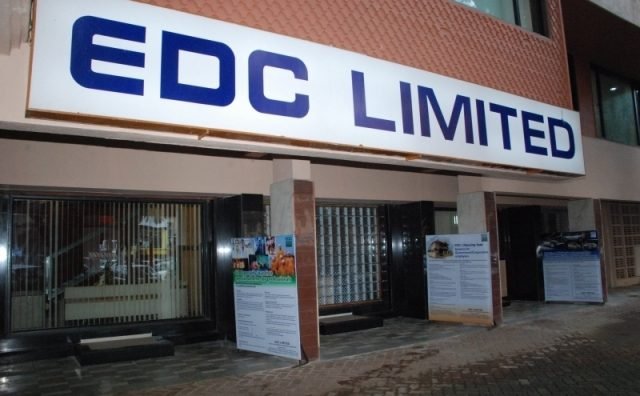
The Chief Minister Rozgar Yojana (CMRY) loan scheme, EDC’s flagship product launched in 2001, witnessed a sharp decline in beneficiaries, reflecting the hurdles in promoting self-employment. Despite offering an attractive interest rate, the demand for the scheme has steadily decreased over the past four years. According to the Goa economic survey 2023-24, the number of CMRY borrowers plummeted by nearly 50% in 2022-23, reaching 61 beneficiaries compared to the previous year’s 119. Applications continued to dwindle, with only 45 beneficiaries recorded until December 2023. This decline has led to a significant drop in the CMRY loan portfolio of the EDC, down to Rs 2.9 crore in 2023-24, as of December 2023, from a peak of Rs 21 crore in 2019-20. The scheme, targeting self-employment among locals aged 18-45, aims to address unemployment issues and has historically assisted numerous Goans in establishing small businesses.
Despite offering favorable lending terms, including minimal documentation and collateral security, the scheme faced adverse impacts from the COVID-19 pandemic, resulting in reduced loan uptake and increased defaults. The economic fallout marked the first instance of loans under the scheme turning doubtful, shifting from nearly zero NPAs in the past.
To rejuvenate the scheme, recent revamps expanded eligibility criteria by increasing the age limit to 50 years and removing income limits for wider coverage. Professionals and technically qualified individuals have a loan limit of Rs 25 lakh, while others can borrow up to Rs 20 lakh, repayable within a maximum of seven years. Women and physically challenged beneficiaries enjoy an effective interest rate of only 2%, with a 6% interest rebate on a coupon rate of 8%. Despite these efforts, the scheme’s struggle persists, highlighting the challenges faced in stimulating self-employment. The EDC, Goa’s sole profit-making corporation, recorded a profit of Rs 62.35 crore in 2022-23.





